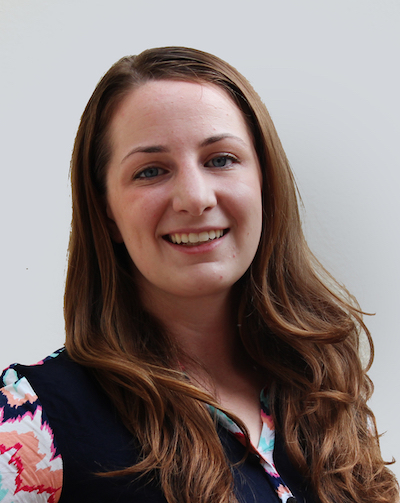It turns out that nothing seems to inspire community-minded entrepreneurs like travel.
Take Aunna Wilson, who returned from a trip a trip to India determined to help girls who were getting bad information about reproductive health. She went on to found Pasand, which educates young women about their bodies.
Or Andy Moon, who has spent many summers volunteering in Cambodia and the Philippines. After working for years in the solar power industry, he helped launch Sunfarmer, an organization to bring power to remote communities in Southeast Asia.
What Wilson, Moon, and others have in common is that their companies are examples of the growing number of businesses that are “social entrepreneurship,” which means they fall between the for-profit and non-profit designations.
Why this category? According to Wilson, a co-founder of the social enterprise Pasand, “being social entrepreneurs, we can use traditional business methods to challenge the status quo.”
That means that the main aim for social enterprises is to help people, but they also want to make a profit at the same time.
There’s so much growth in the field that Kyle Westaway has formed a legal practice around advising businesses that help communities around the world.
“This was my passion,” says the WeWork Dumbo Heights member, “to think about how business can drive social impact.”
Besides working with newly founded social enterprises, he advises big-name clients like Warby Parker about how they can use their profits to fund organizations that help people in need.
Here’s a few innovative social enterprises that are doing groundbreaking working for communities in need.

Luminaid
The idea behind LuminAID is incredibly simple: it’s a lightweight, portable, and waterproof lantern that can be used wherever there’s no electricity. Andrea Sreshta and Anna Stork designed the plastic lantern after earthquakes devastated the Cariibean country of Haiti in 2010.
“We just observed in the news reports coming out of Haiti that lighting was an ignored need,” Sreshta recalls.
Based in WeWork River North in Chicago, LuminAID is designed to be extremely portable. About 50 LuminAIDs can fit in a box designed for eight flashlights, making them easier to transport and distribute. And as Sreshta explains, they last much longer than flashlights.
LuminAID prides itself on combining commercial and relief efforts. Its “Give Light, Get Light” project allows online buyers to sponsor a light for those in need around the world. So far it’s distributed more than 12,000 lanterns to charities in more than 50 countries.

SunFarmer
Andy Moon knows firsthand how much access to electricity can change a community. He’s spent time in tiny villages in Nepal where hospitals and medical centers struggled to get by off the grid.
“SunFarmer’s mission is to make solar the most reliable and affordable source of energy in the developing world,” says Moon, a WeWork Fulton Center member. “In Kopila they couldn’t use lights, charge phones, and without electric fans the weather was so hot that children had trouble sleeping for four months of the year.”
More than two years after their inception, the SunFarmer team has worked on similar projects across Southeast Asia, all of which focus on bringing electricity to the developing world. It’s goal: providing electricity to 7 million people around the world.
“We started by targeting only hospitals, but now we’ve expanded into schools, farms, and local businesses,” says Moon.

Pasand
When she was at Princeton University, Aunna Wilson founded Pasand with classmate Rebecca Scharfstein. Based out of WeWork South Station in Boston, the organization educates Indian women about their bodies.
Her inspiration? During a trip to India she was shocked to find that some young girls in rural areas were forced to stay home from school because of social taboos surrounding their periods.
Scharfstein was immediately taken with the idea.
“I do this because I have seen that transformation in the classroom of a child becoming an adult and the confidence she builds,” says Scharfstein.
It’s been a challenge, but Scharfstein says the experience has changed them in profound ways.
“You face challenges every day, and you wear multiple hats,” she says. “But at the end of the day, you have a positive impact on someone’s life. That is very exciting.”
Photo credit: Lauren Kalen, Luminaid, Pasand




